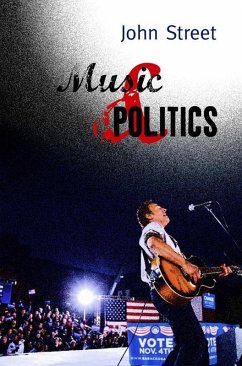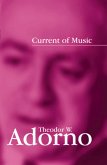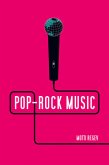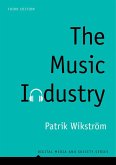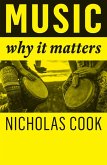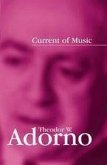It is common to hear talk of how music can inspire crowds, move individuals and mobilise movements. We know too of how governments can live in fear of its effects, censor its sounds and imprison its creators. At the same time, there are other governments that use music for propaganda or for torture. All of these examples speak to the idea of music's political importance. But while we may share these assumptions about music's power, we rarely stop to analyse what it is about organised sound - about notes and rhythms - that has the effects attributed to it. This is the first book to examine systematically music's political power. It shows how music has been at the heart of accounts of political order, at how musicians from Bono to Lily Allen have claimed to speak for peoples and political causes. It looks too at the emergence of music as an object of public policy, whether in the classroom or in the copyright courts, whether as focus of national pride or employment opportunities. The book brings together a vast array of ideas about music's political significance (from Aristotle to Rousseau, from Adorno to Deleuze) and new empirical data to tell a story of the extraordinary potency of music across time and space. At the heart of the book lies the argument that music and politics are inseparably linked, and that each animates the other.
Dieser Download kann aus rechtlichen Gründen nur mit Rechnungsadresse in A, B, BG, CY, CZ, D, DK, EW, E, FIN, F, GR, HR, H, IRL, I, LT, L, LR, M, NL, PL, P, R, S, SLO, SK ausgeliefert werden.

